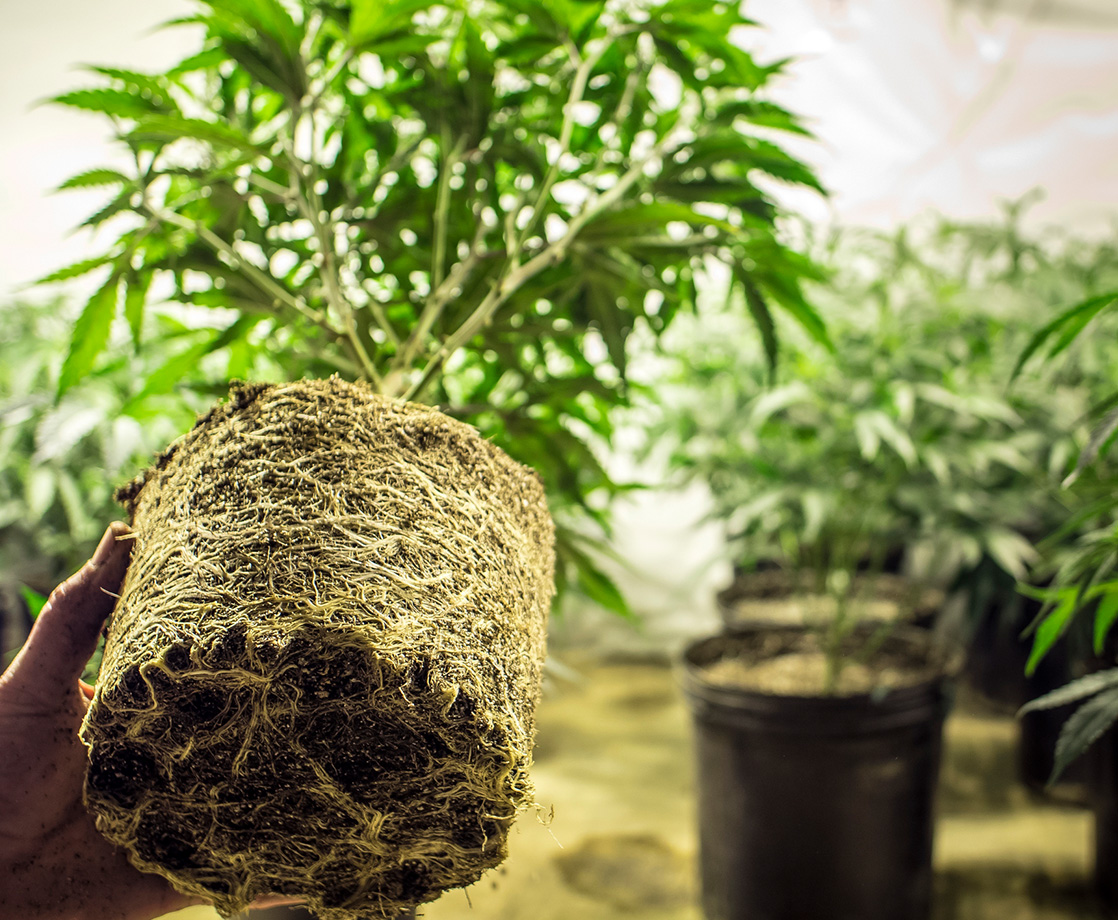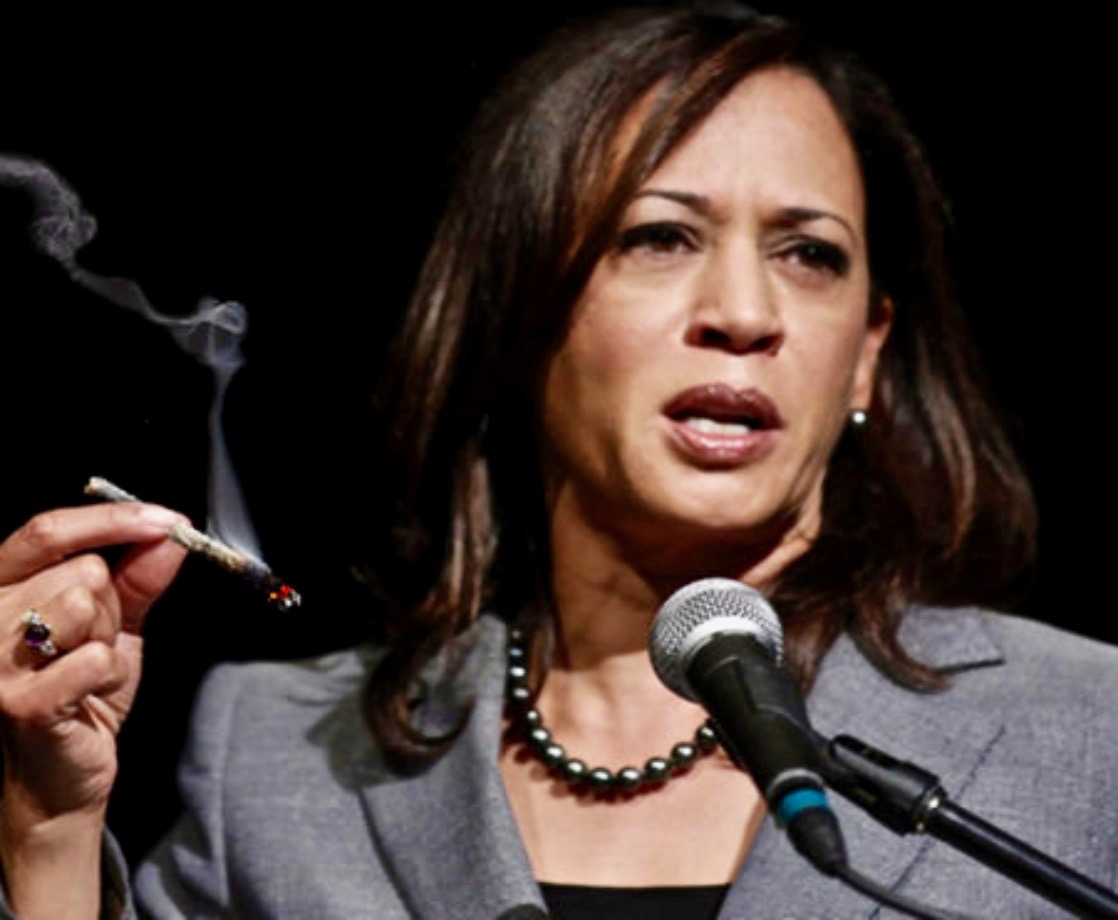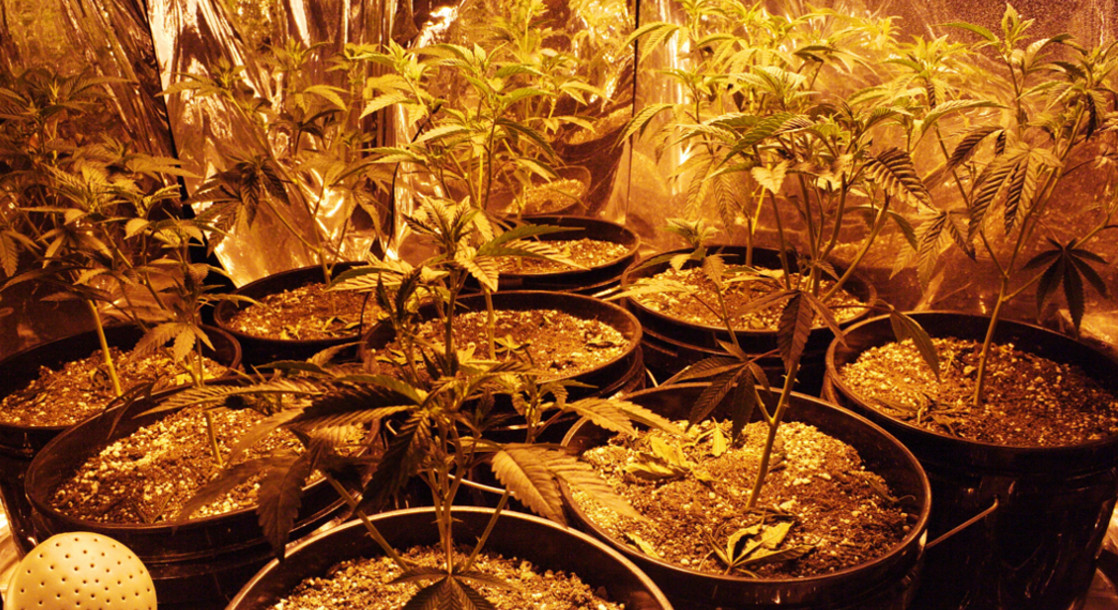Recreational cannabis has been legal in Washington state since 2012, but while adult recreational users are free to purchase weed from retail stores, they are prohibited from growing their own. That may be about to change now that the Washington State Liquor and Cannabis Board (WSLCB) has released recommendations on several possible alternatives for allowing recreational home-grows in the state. These recommendations are the result of a study ordered earlier this year by the state Legislature to assess the potential impact and legal ramifications of lifting the prohibition of home-grows.
The WSCLB discussed the issue with officials from Colorado, Oregon, and Rhode Island, and also sought the advice of local and state law enforcement. The board also spoke with the health departments and local prevention and public health programs, held a webinar for local government, and solicited public commentary on the issue. After considering all of this input, the WSCLB presented three possibilities for how the Legislature could handle home-grows, without specifically recommending one of these alternatives over the others.
The first possible alternative is that the state would tightly control and enforce all aspects of home-grows. This alternative would create a regulatory framework that would allow any adult to grow up to four plants, as long as they received an official permit. The state would track each and every plant grown in order to ensure that none of these plants were being smuggled out of state. The WSCLB notes that this alternative would generate additional costs for the state in order to create and enforce this regulatory framework.
The second option is that the state would set out a number of guidelines, but local governments would authorize, control, and enforce these regulations. This option would also limit each household to four plants, but would let local jurisdictions "opt out" of allowing recreational home-grows if they desired. The report notes that this could allow local communities to have more say in regulating their own areas, but could create a confusing "patchwork" effect where different communities would have different rules regarding cannabis.
The third option is to simply continue prohibiting recreational home-grows altogether. Medical cannabis users would still be permitted to grow their own medicinal plants, as is allowed under current law. This option was recommended by all of the law enforcement agencies that the WSCLB consulted with. These agencies were concerned that home-grows would increase youth access to marijuana, increase black market activity, and drain law enforcement resources by requiring them to ensure that home-growers are following the regulations properly.
One of the largest concerns expressed by the WSCLB is that an increase in cannabis cultivation in the state might increase the likelihood of the federal government intervening in their affairs, especially if growers were able to smuggle these crops out of state. In Colorado, the ballot measure that legalized recreational use originally allowed recreational users to grow 99 plants each. This created problems with excess weed being diverted to the black market, and the state Legislature voted to reduce the limit to 12 plants this year.
The WSCLB said that they recommended "any of the three regulatory options included in this report." The state Legislature must decide whether to adopt one of these three recommendations, or create their own compromise, during next year's legislative session, which starts on January 8th.











